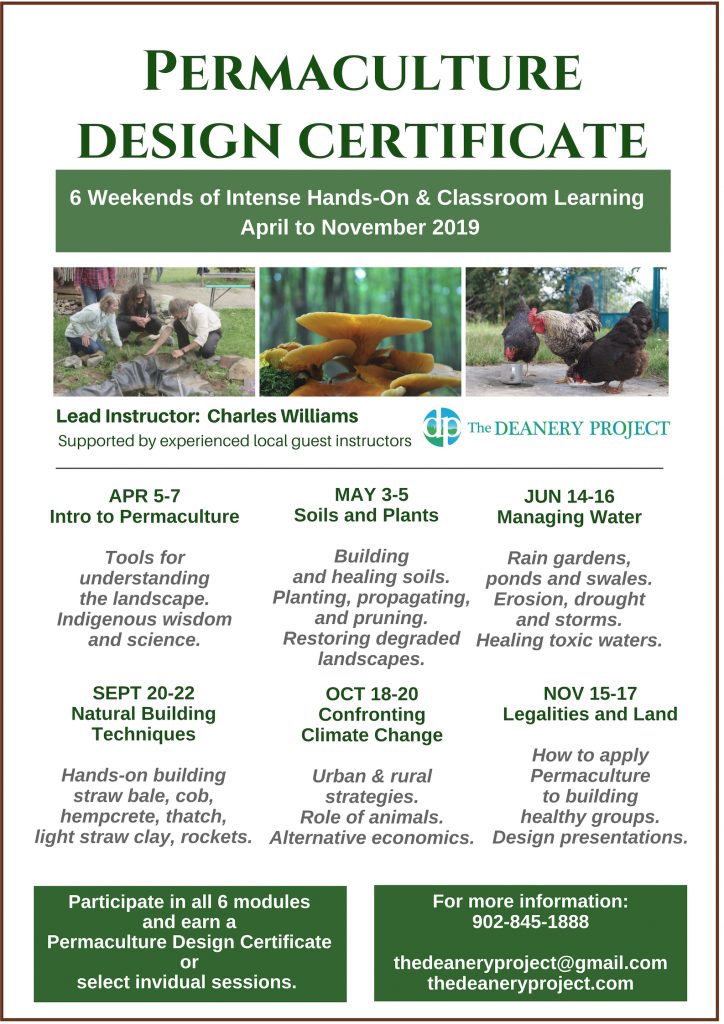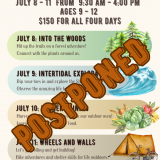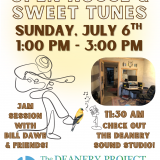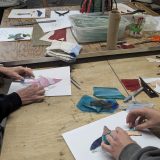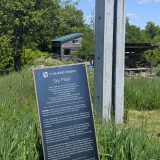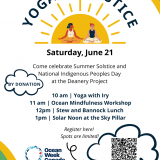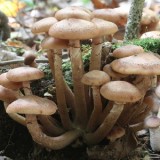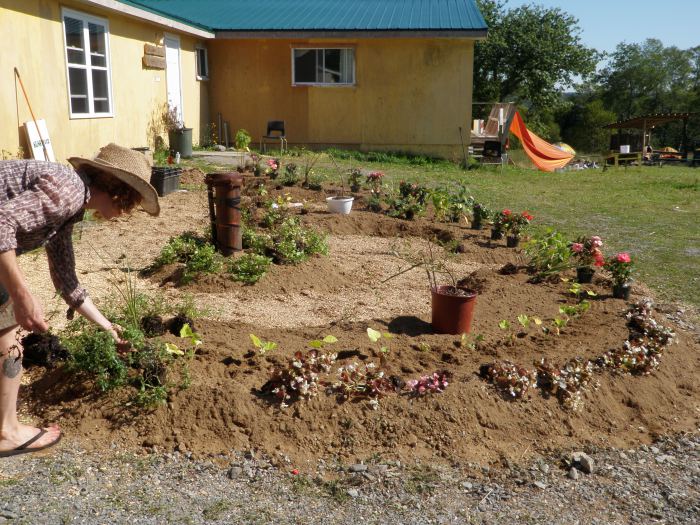We are very excited to be offering the internationally recognized Permaculture Design Certificate (PDC) at the Deanery Project again in 2019. Long-time PDC educator Charles Williams will be leading this important program with support from talented, experienced local instructors.
Permaculture Programs
Permaculture is a holistic, ecological design system focused on meeting human needs while preserving and helping to restore the natural environment. Join Charles and local guest instructors, as they share ways in which permaculture can provide practical, hands-on solutions to address both local and global issues today.
The internationally recognized Permaculture Design Certificate (PDC) will be offered through the Deanery Project in six modules spread over eight months.
The PDC is a combination of hands-on and theoretical learning. The curriculum includes in-depth permaculture theory, design methodology, practical exercises, and group projects. Course content was developed by Bill Mollison in the 1970s, and is today regarded as the standard in permaculture education, recognized and respected worldwide.
In order to make PDC course content available to as many people as possible, we have created an option to register for the modules individually. All modules and course deliverables must be completed to receive a Permaculture Design Certificate.
Full PDC (6 modules) is $1500 + HST. Individual modules are $300 + HST.
Prices include meals, dormitory and camping accommodation, as well as instruction. Call for more information or to register.
There are Bed & Breakfast options nearby. A complete course package will be sent out upon registration.
A few work trade positions for both the full PDC and individual modules are available. Please contact us directly for more information if you would like to apply for one of these, or should you have any other questions. tel. 902-845-1888
A brief overview of the PDC themes follows.
PDC Modules
Dates for PDC 2019 follow.
NOTE: Module 7 date and details TBC
APR 5-7 — MODULE 1: Introduction to Permaculture
- What is Permaculture a history and overview
- Tools for reading the landscape
- How to observe with all our senses
- Understanding what we see & looking beyond the surface
- Unifying indigenous wisdom and scientific knowing
- How to apply Permaculture to building healthy groups
MAY 3-5 – MODULE 2: Tending Soils and Plants
- Understanding soil biology and chemistry
- Building and healing soils
- Planting strategies: poly culture, perennials, food forests
- Planting, propagating, pruning, and grafting
- Restoring degraded landscapes
- Legal structures to own and acquire land.
JUN 14-16 – MODULE 3: Managing Water
- Learning how water moves, building rain gardens, ponds and swales
- Addressing erosion, drought and storms
- Collecting and storing water
- Working with grey and black water
- Healing toxic waters
SEP 20-22 – MODULE 4: Natural Building Techniques
- What is Natural Building
- Techniques and strategies: straw bale, cob, wood, clay, hempcrete, thatch …
- Hands on building projects.
OCT 18-20 – MODULE 5: Confronting Climate Change
- Global challenges in climate change
- Urban strategies
- Role of animals
- Alternative economics
NOV 15-17 – MODULE 6: Legalities and Land
- Wrap up design projects
- Design presentations
- Celebration!
Please call 902-845-1888 for more information.

